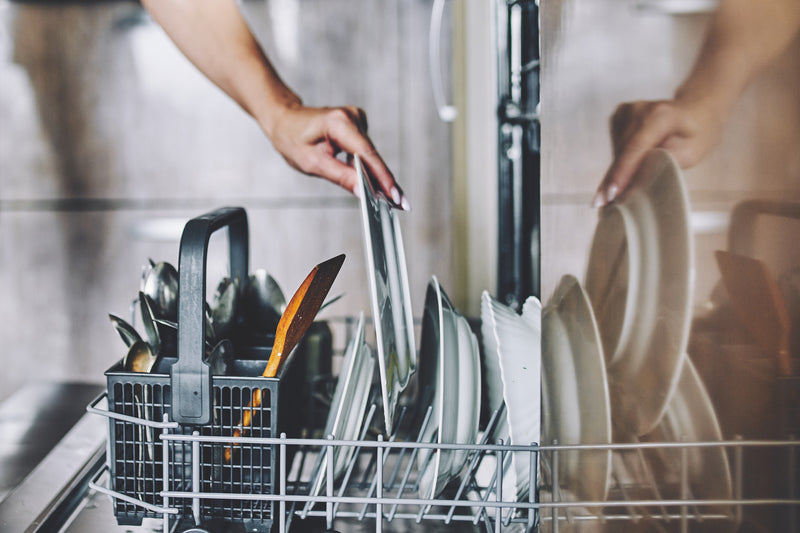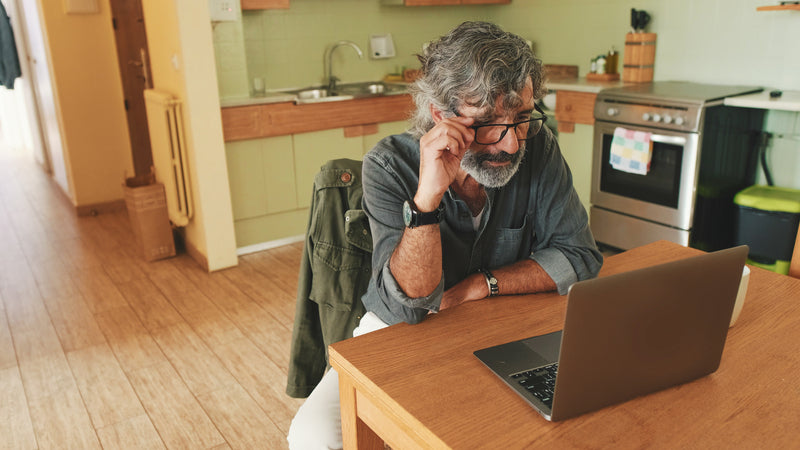How To Get Your House Cleaning Costs Covered By Medicare
Keeping a clean and healthy home environment is essential for overall well-being, especially for seniors and individuals with disabilities who may face challenges in maintaining cleanliness on their own.
While Medicare provides coverage for a wide range of medical services, it does not typically cover routine house cleaning expenses. However, there are certain circumstances where Medicare coverage may be available to assist with house cleaning costs. In this article, we will explore the conditions under which Medicare may cover house cleaning services and provide guidance on alternative options to help seniors maintain a clean living environment.
While Medicare does not typically cover routine house cleaning costs, it is crucial to prioritize a clean living environment for seniors and individuals with disabilities. Understanding the limited circumstances under which Medicare may provide coverage for house cleaning services is important, as it ensures that individuals are aware of the available options.

Medicare Coverage for House Cleaning: Limited Scenarios
Medicare is primarily designed to cover medical services and treatments, and as such, routine house cleaning is not considered a medical necessity. However, there are exceptions where Medicare may provide coverage for house cleaning costs. For example, if a senior or disabled individual requires house cleaning services as part of their overall medical treatment plan, Medicare Part A or Part B may cover these expenses. This could include situations where a person's health condition necessitates a clean and sanitary environment to prevent infection or exacerbation of their medical condition.
Home Health Care Services
Under Medicare Part A and Part B, home health care services may be covered if a person meets specific eligibility criteria. Home health care services typically include skilled nursing care, therapy, and assistance with activities of daily living. In some cases, house cleaning services may be considered a necessary component of home health care, especially if maintaining a clean and safe environment is critical to a person's health and recovery. However, it is important to note that house cleaning services alone are not covered by Medicare.
Alternative Options for House Cleaning Assistance
While Medicare coverage for routine house cleaning costs is limited, there are alternative options available to help seniors and individuals with disabilities maintain a clean living environment:
a. Medicaid: Medicaid is a state-run program that provides healthcare coverage to low-income individuals, including seniors and people with disabilities. Some states may offer home and community-based services, which could include house cleaning assistance, as part of their Medicaid benefits. Eligibility and coverage may vary by state, so it is important to check with your local Medicaid office for specific details.
b. Long-Term Care Insurance: Long-term care insurance policies may provide coverage for house cleaning services as part of their comprehensive coverage for in-home care. These policies are typically purchased privately and can help cover a range of long-term care services, including assistance with activities of daily living and home maintenance tasks.
c. Aging and Disability Resource Centers: Local aging and disability resource centers can provide valuable information and resources for seniors and individuals with disabilities. They can help connect you with community-based programs, non-profit organizations, or volunteer services that offer house cleaning assistance on a sliding fee scale or through charitable initiatives.
e. Personal Resources and Support Networks: In some cases, seniors may be able to rely on their personal resources and support networks to help with house cleaning. Family members, friends, or neighbors can provide assistance or help coordinate cleaning services on a regular basis.
Importance of a Clean Living Environment
While Medicare coverage for routine house cleaning costs may be limited, it is crucial to recognize the importance of maintaining a clean living environment for seniors and individuals with disabilities. A clean home helps prevent accidents, reduces the risk of infections, and promotes overall well-being. Regular cleaning also contributes to better mental health, providing a sense of comfort and pride in one's living space.
Conclusion
Exploring alternative avenues, such as Medicaid, long-term care insurance, community programs, and personal support networks, can help individuals access the assistance they need to maintain a clean and healthy home. By implementing a regular cleaning schedule, modifying the living space, decluttering, and seeking assistance from family and friends, individuals can take proactive steps to ensure a clean living environment.




